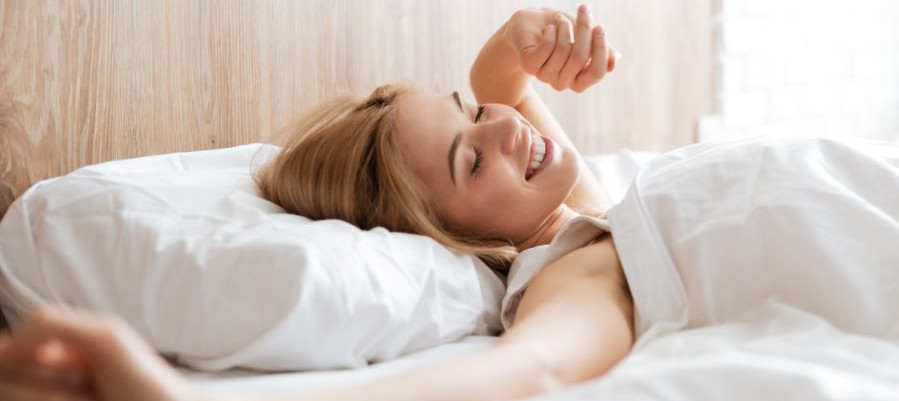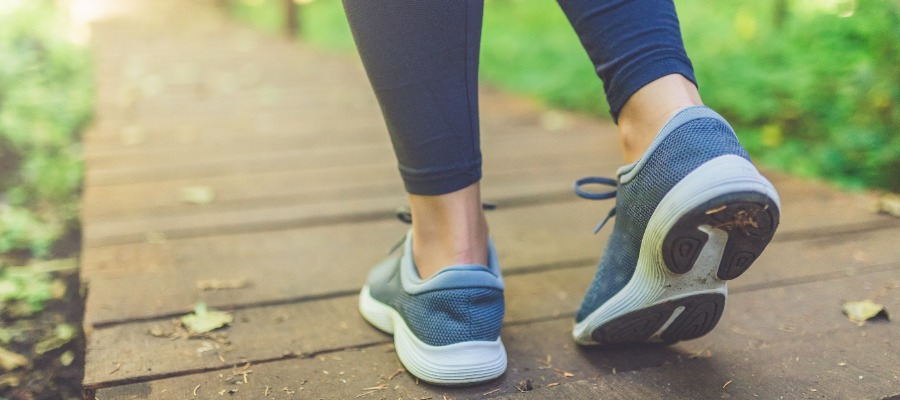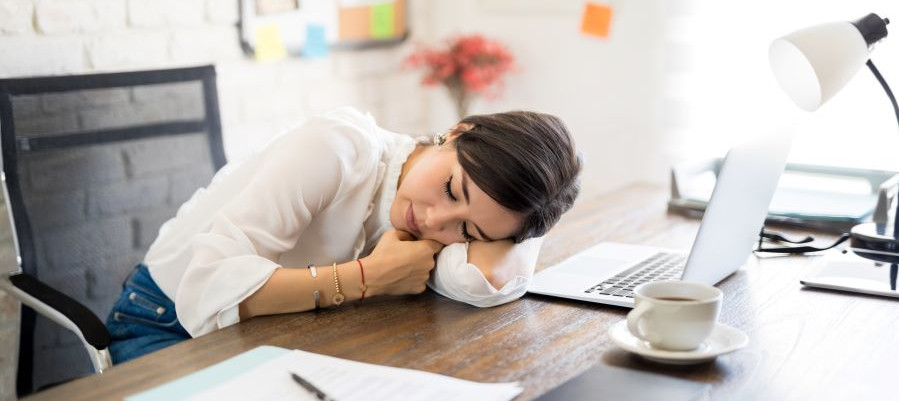
The Importance of Our Circadian Rhythm to Sleep
The circadian rhythm is a natural cycle in human beings that tells us when we should sleep and when we should be awake. It also regulates body temperature, blood pressure, heart rate, and hormone levels. The importance of the circadian rhythm in humans cannot be overstated – it helps regulate our sleep patterns and makes us healthier physically, mentally and emotionally.
How does it work?
The circadian rhythm is connected to a small cluster of cells in the hypothalamus known as the suprachiasmatic nucleus (SCN). Think of your circadian rhythm as your internal clock. Regardless of external stimuli, it is about to keep pretty closely to a 24-hour cycle clock. Based on this ‘clock,’ our bodies know when to release melatonin or cortisol. These cells release melatonin which helps us sleep, and cortisol which wakes us up. The neurons of the SCN are light sensitive – when it gets dark outside, our bodies start releasing melatonin into our system which help us feel tired and go to sleep. During the day, when it is light outside, our bodies start releasing cortisol which helps us stay awake.
Circadian rhythm and sleep

The inverse relationship between cortisol/melatonin and sleep tells the body when it is time to sleep and wake up. So, if a person goes to bed at around 11 PM every night, their bodies will release melatonin which helps them feel tired and go to sleep rather early in the evening. This regularity of sleeping times makes people’s circadian rhythms very important – without this regularity, a person’s circadian rhythm will not be able to work properly, and they may have trouble either falling asleep or staying awake.
What can disturb circadian rhythm?
People who do shift work usually suffer from disruptions in their sleep patterns because of the irregular schedules typical to shift work. Continuously fighting against our natural wake/sleep clock by forcing our body and brain to be awake and alert over night eventually pays a toll. Long time shift work can increase the risks of cardiovascular disease, diabetes, obesity, serious gastrointestinal problems and depressive mood disorders.
People who have an irregular schedule or suffer from insomnia may also experience disruptions in their circadian rhythm because of the lack of restful sleep – this can lead to serious consequences in their lives and may even affect the immune system. Luckily, there are many ways that people can track and improve sleep to get more restful nighttime sleep.
Our circadian rhythm does not know whether it is a weekday or weekend. Keeping to your usual routine, even on the weekends, is incredibly important. If you need to catch up on some sleep, keep it to one hour of extra sleep in the morning or take an early afternoon nap. When you sleep in late on Saturday and Sunday, your body quickly adjusts to the extra sleep making it that much harder and shocking to your body to try waking up at your usual weekday/workday time.
What is good sleep hygiene?

Read also: Blue Light – How does it affect our Sleep?
Good sleep hygiene refers to habits or practices which help increase an individual’s ability to fall asleep quickly at night and stay sleeping. Even if you spend the recommended 8 hours in bed each night, the person with good sleep hygiene is likely to get more out of those 8 hours than someone with poor sleep hygiene, who may wake up still feeling tired and groggy.
Try these sleep hygiene tips:
- Avoid bright lights for 2 hours before bedtime. This includes the blue light emitted from your mobile phone and televisions. Another consideration are the types and brightness of the lightbulbs you have in your home. If you enjoy relaxing with a mug of chamomile tea before bed, consider swapping the lightbulb in a lamp to one with lower wattage or a dimmable switch.
- Switch to decaffeinated beverages in the afternoon. Some people are more sensitive to caffeine so considering that the half-life of caffeine is 4-6 hours, it is recommended for most people to avoid caffeine for at least six hours before bedtime.
- Do a relaxing activity before bed. Since the light any of our screens emit can seriously affect our bodies’ natural melatonin production, turn off screens at least 1-2 hours before bed (earlier, if you’re particularly sensitive) and try an activity to relax your mind and body. Some popular options are to meditate, stretch, read a book or listen to music.
- Get outside early in the morning. Yes, you can help your bedtime sleep hygiene by changing your morning behavior. Even 15 minutes of exposure to daylight early in your day can kick start your natural cortisol production, giving you an extra boost of energy to start your day and supporting your body’s hormonal balance.

How can technology help?
Globally, the average daily time spent online was 6 hours and 40 minutes in 2022. Every. Day. Broken down by country, South Africans and Brazilians spent the most time online each day and the Japanese, South Koreans and Germans spent the least amount of time online per day.
So, is there a way that we can use technology to help us manage our circadian rhythm and maintain good sleep hygiene?
There are many smart devices on the market that are designed to help you track your daily activity and sleep habits. The data collected by these devices over time can help you identify areas of your health and wellness that be improved. These devices are typically a combination of a wearable (a watch, bracelet or ring) and an app.
You can also track your mobile phone and tablet usage. Both ioS and Android mobile platforms will breakdown which apps and functions you used the most each week. This information can be useful in setting goals for yourself. Reducing even 20 minutes per day of scrolling through social media adds up to over 2 hours LESS time spent on your mobile devices each week.
Idea: replace 20 minutes of IG reels and TikTok videos with a energizing power nap! Here’s our guide on powernaps.

Bottom line, following a regular wake-sleep cycle is incredibly important to your overall health and wellbeing. Our body’s circadian rhythm aka our “internal clock” releases hormones and chemicals to signal when it’s time to wake up and go to sleep. Supporting our circadian rhythm allows us to recharge while we sleep so we have energy when we’re awake. Not everyone follows the same circadian rhythm so finding your ideal routine and good sleep hygiene habits is an important step to maintaining our overall health and wellbeing.
